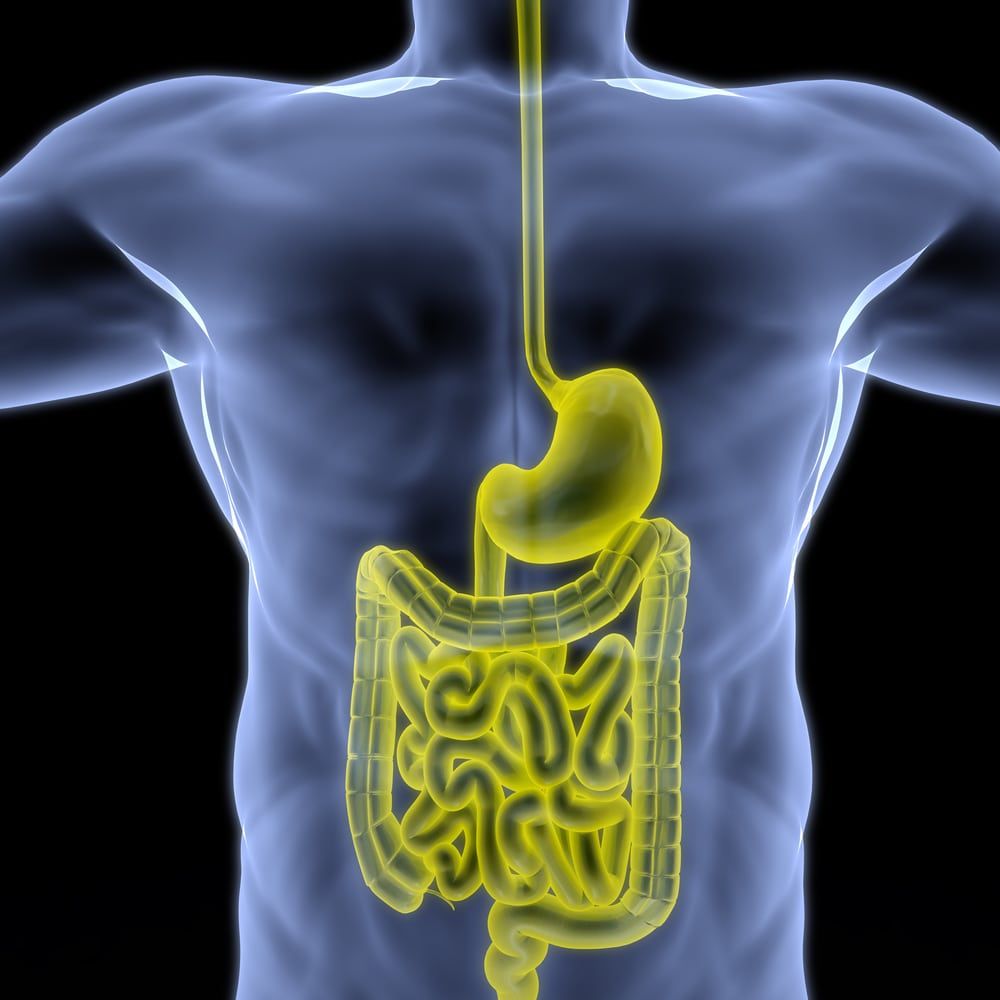Gastroenterology is a specialty branch of medicine pertaining to the diagnosis and treatment of GI diseases and conditions. The GI tract is highly complex, containing many organs and bodily structures. Each of these components – the esophagus, stomach, liver, gallbladder pancreas, and intestines – play an important role in digestion and overall GI health. When disease or other conditions alter the function of one of these parts, the entire body can suffer, producing symptoms that range from mild to severe.
Did you know…that gastroenterologists work together with primary physicians to ensure patients get the most comprehensive GI care possible? Some of the conditions gastroenterologists diagnose, treat, and manage include:
|
Frequently Asked Questions
Should I make an appointment with a gastroenterologist?
Your may need to visit a gastroenterologist if you have any sudden changes in your GI tract. Examples include unexplained changes in bowel habits, such as frequent diarrhea or constipation. Other symptoms that warrant a GI visit include:
- Abdominal pain
- Abdominal bloating
- Blood in the stool
- Frequent or chronic heartburn
- Sudden, unexplained weight loss
- Difficulty swallowing
What should I expect during my initial consultation?
Your initial consultation will include a review of your personal and family health history, as well as any GI-related symptoms you may be experiencing. Your gastroenterologist may also conduct a physical examination and determine whether additional screening and tests are necessary to make a diagnosis.
What types of screenings are available to diagnose gastroenterological health problems?
If your gastroenterologist suspects that you may have an underlying health condition, you may need to undergo GI screenings that help your doctor make a diagnosis. Examples of common gastroenterological screenings and tests include:
- Sigmoidoscopy
- Colonoscopy
- Abdominal X-Rays and Ultrasounds
- Abdominal CT Scan
- Abdominal Angiography
- Fecal Occult
- Endoscopy

